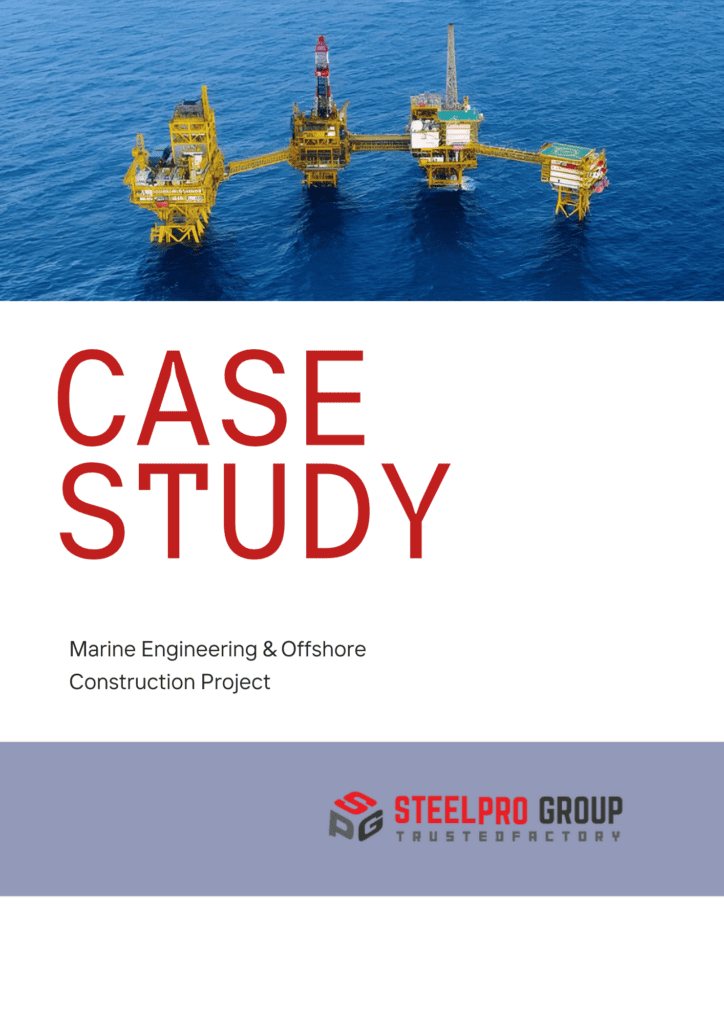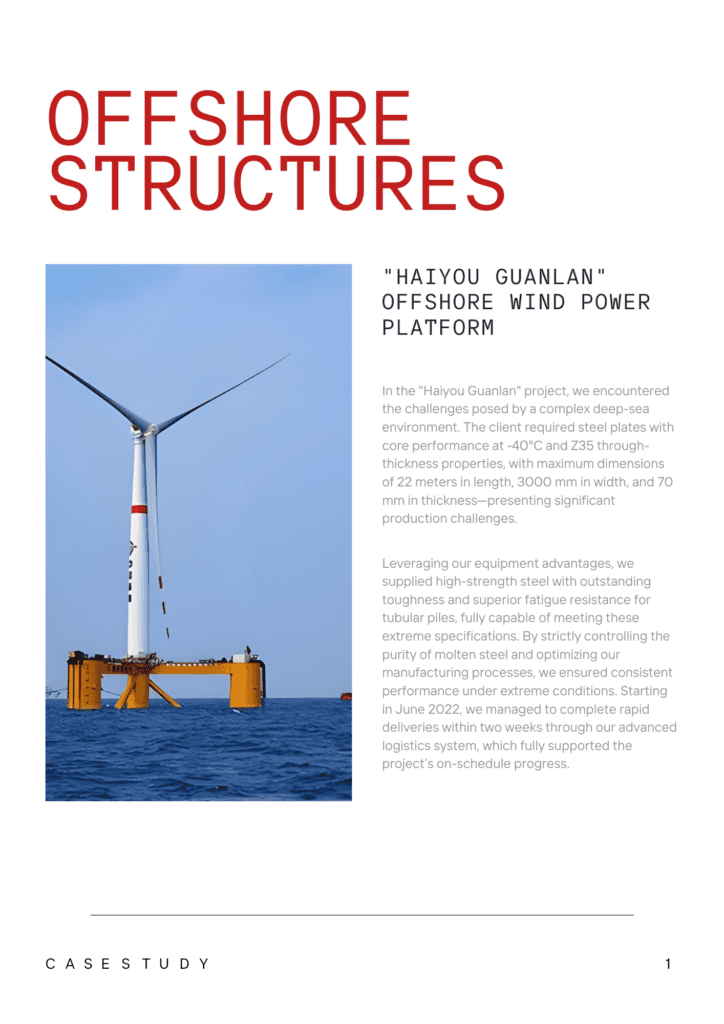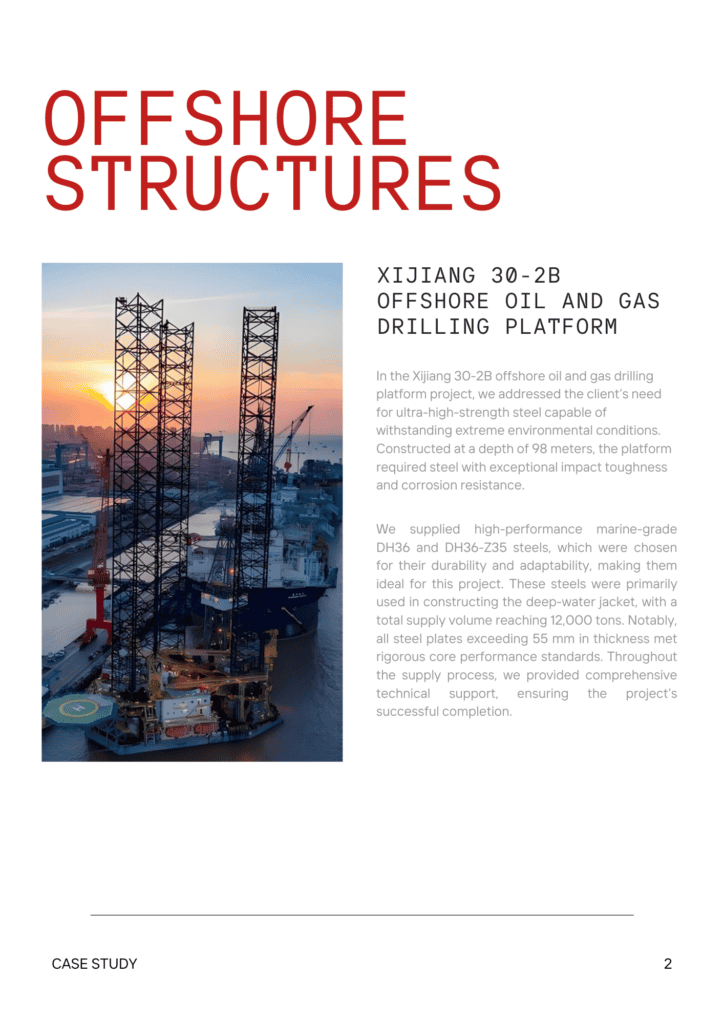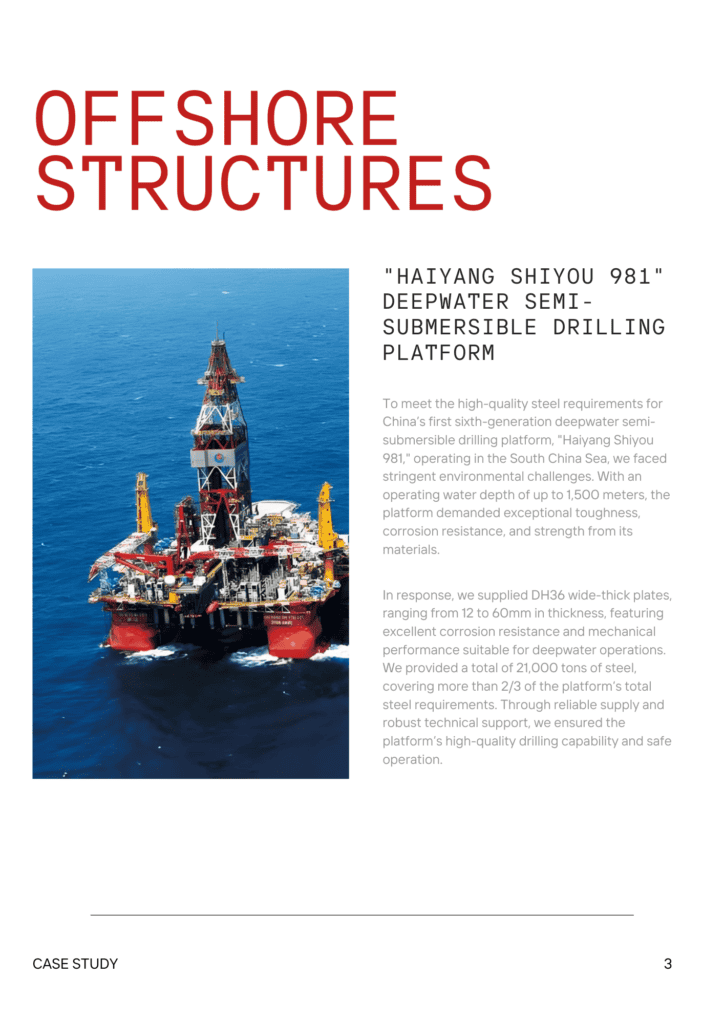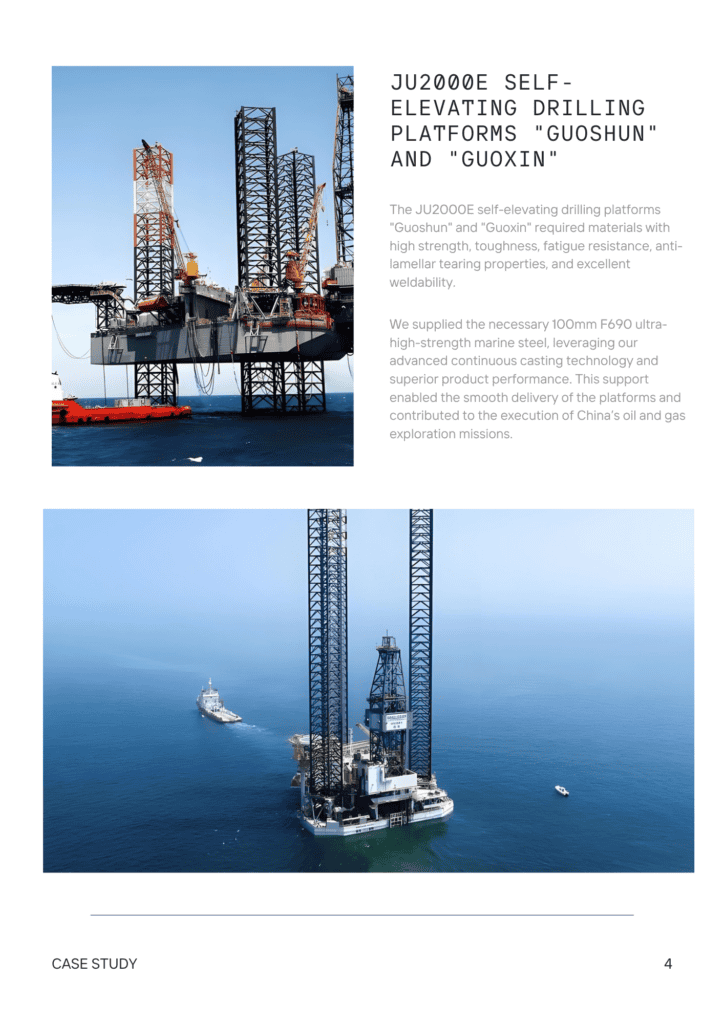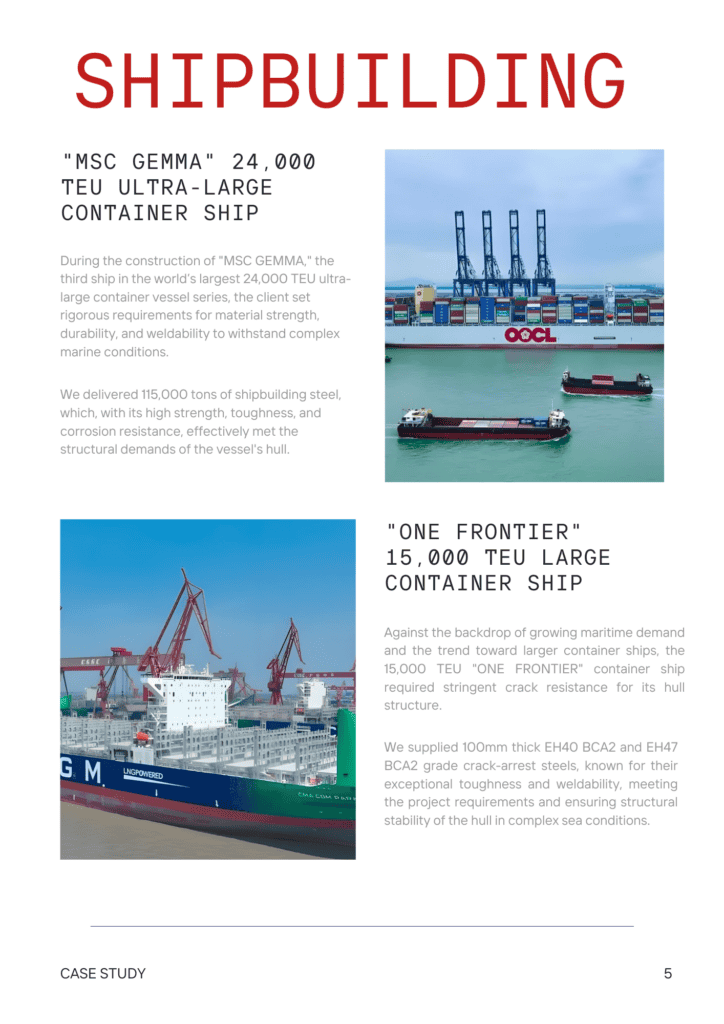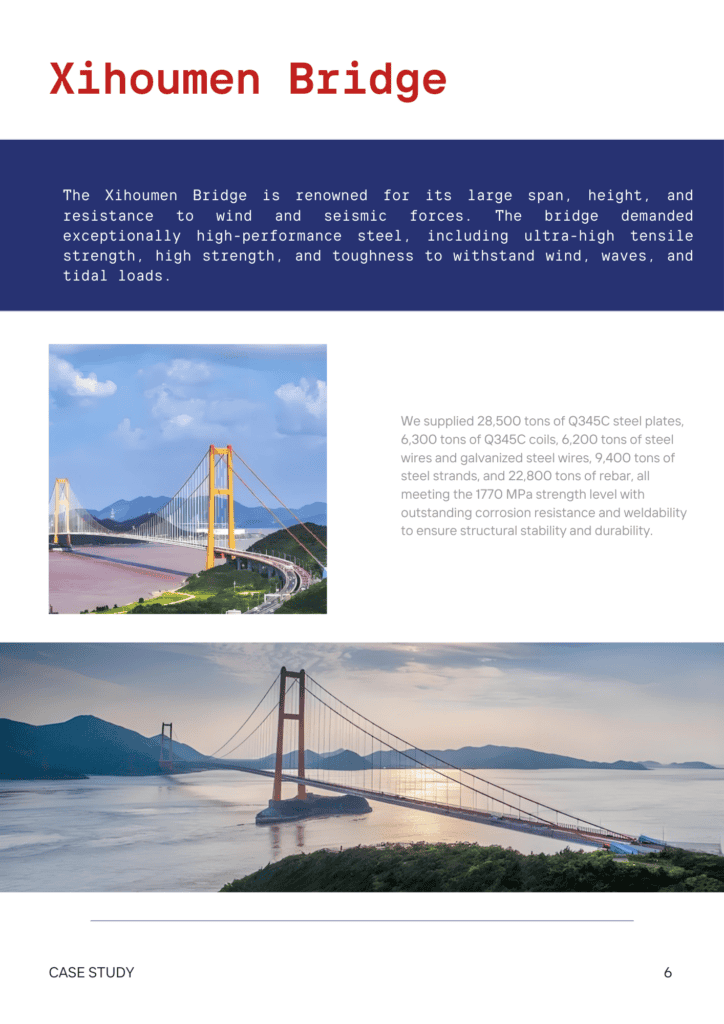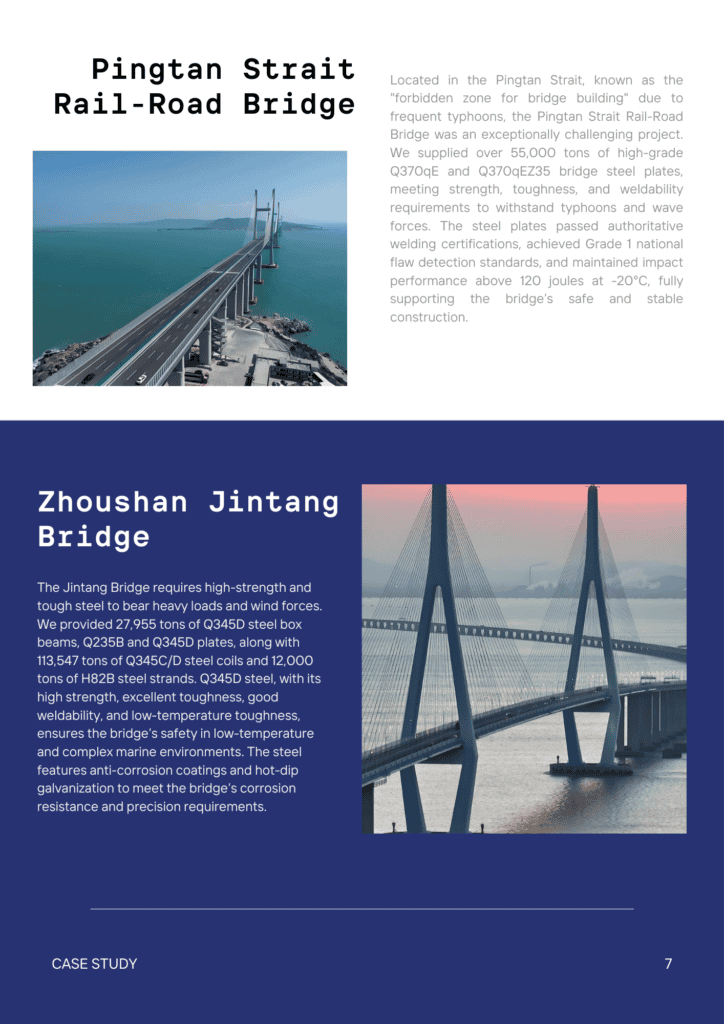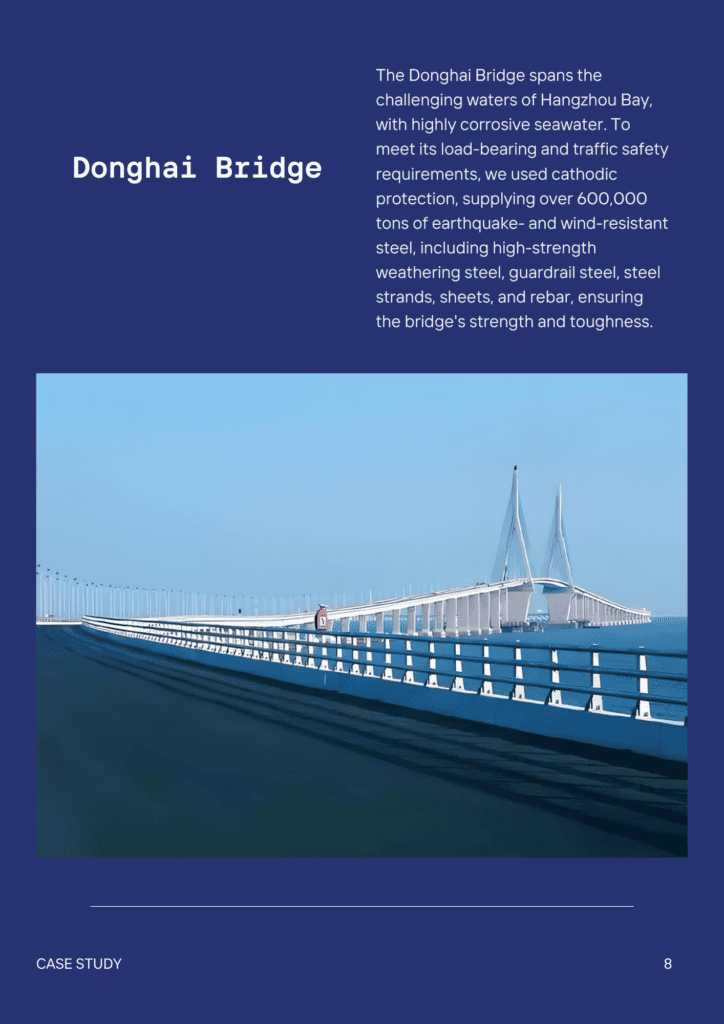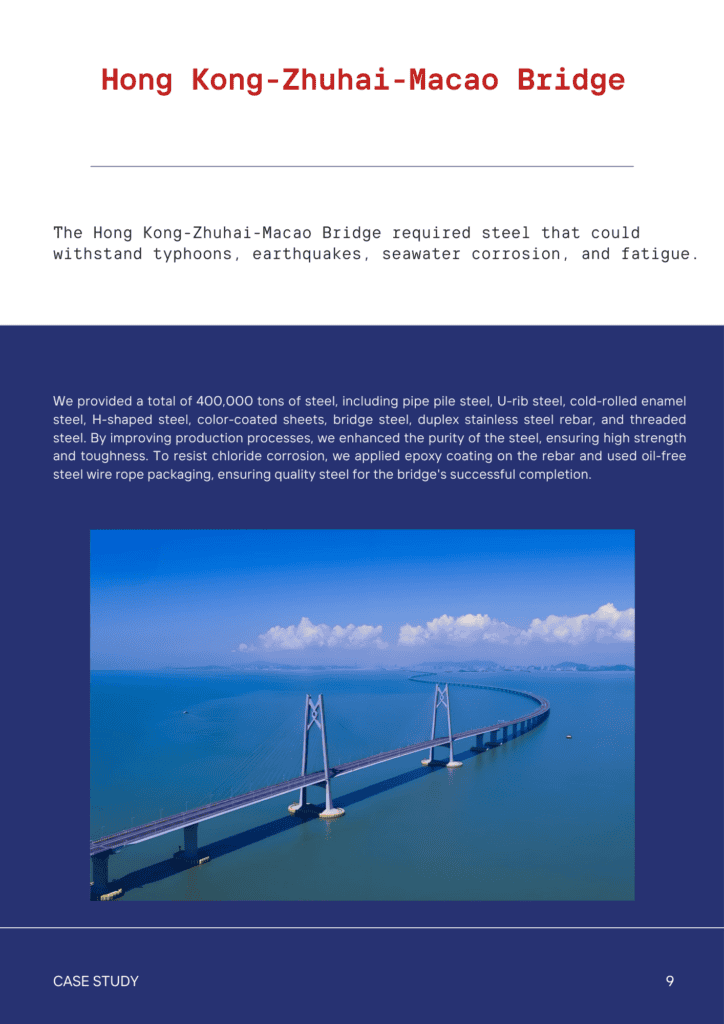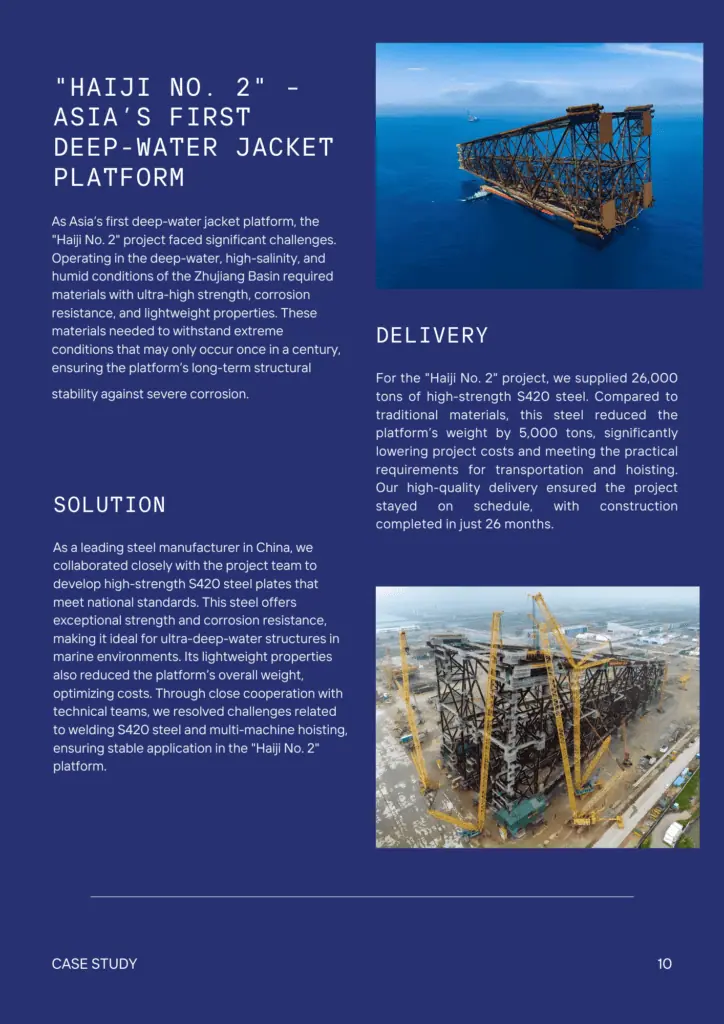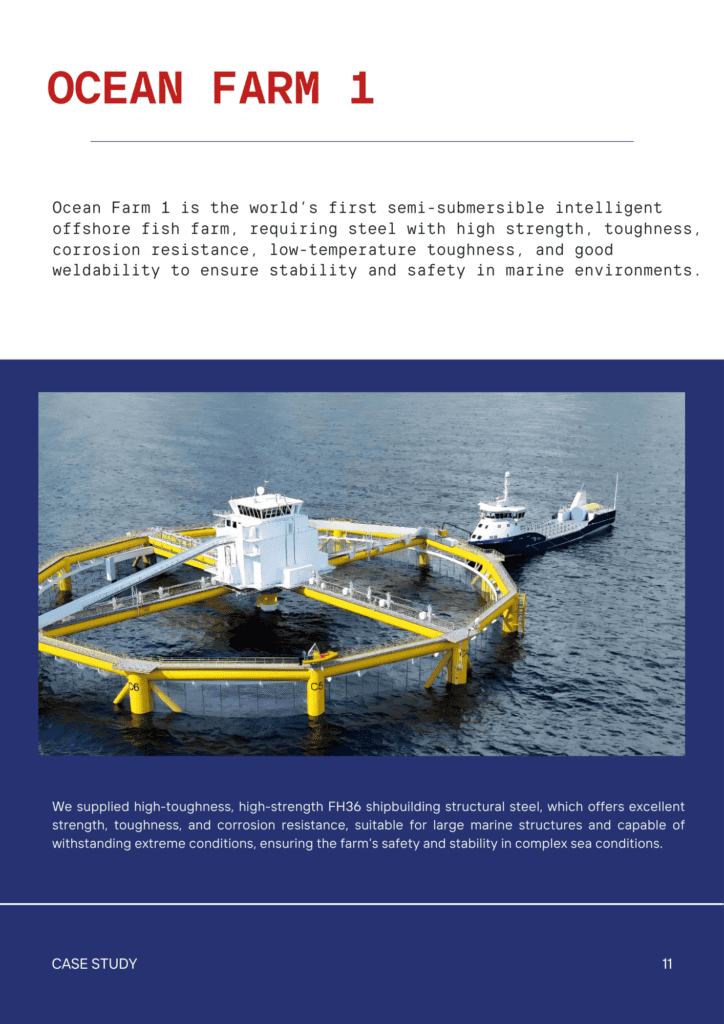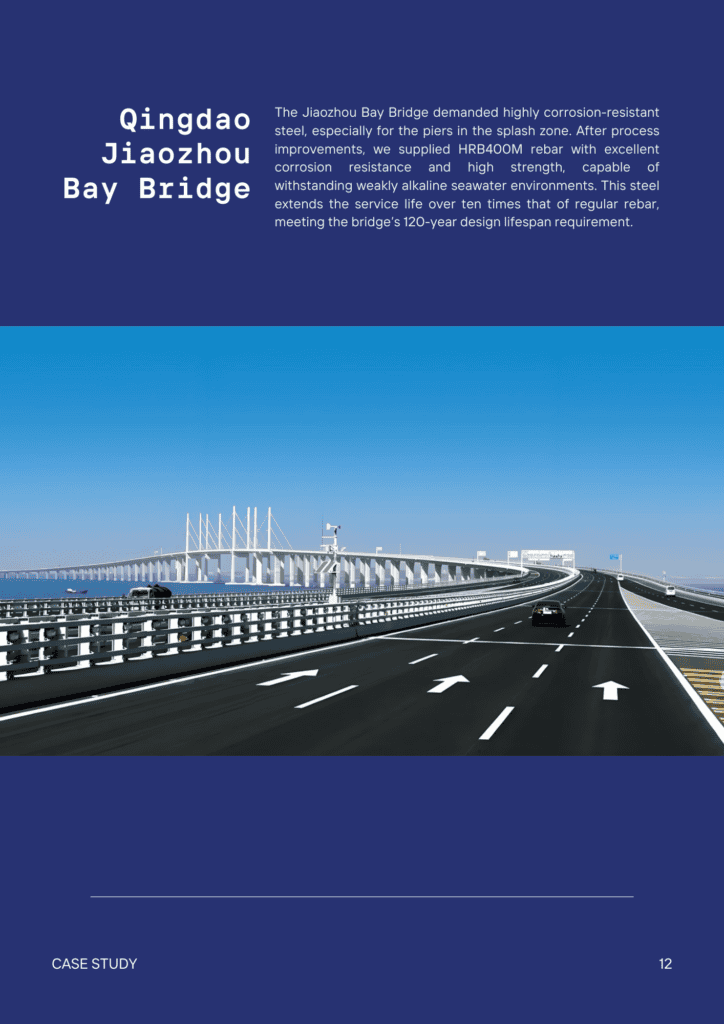HIGH STRENGTH STEELS
High Yield, High Tensile Strength for Automotive, Construction, Aerospace.
Introduction to High Strength Steels
The demand for high-strength steel is rising as industries seek materials with better performance and reduced weight. High strength steels are essential in modern engineering and manufacturing, particularly in the automotive industry, due to their high yield and tensile strength, making them suitable for demanding applications.
High strength steel typically has a yield strength of 250-550 MPa (36-86 ksi) and a tensile strength of 440-550 MPa (64-80 ksi). This allows it to withstand significant stress without deformation, making it ideal for high strength-to-weight applications. It also offers good formability and weldability for use in complex structures.
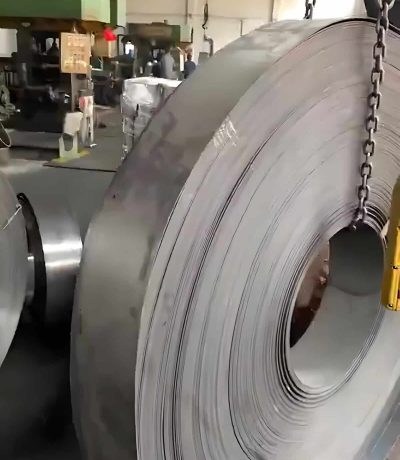
Benefits of High Strength Steel
- Lightweight: Reduces weight in structures and automotive, enhancing fuel efficiency and performance.
- Durability: Offers superior wear and corrosion resistance.
- Good Formability: Easily shaped into various forms.
- Weldability: Welds effectively for complex structures.
- Energy Efficiency: Saves fuel in automotive and aerospace uses.
- Cost-Effective: Lowers costs due to durability.
- Versatile: Suitable for many industries, including construction and aerospace.
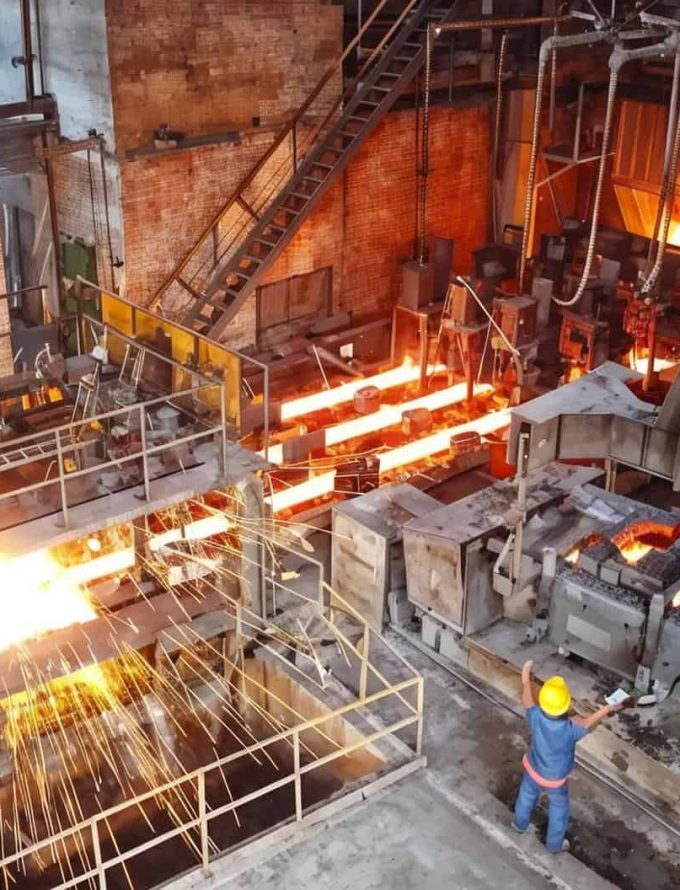
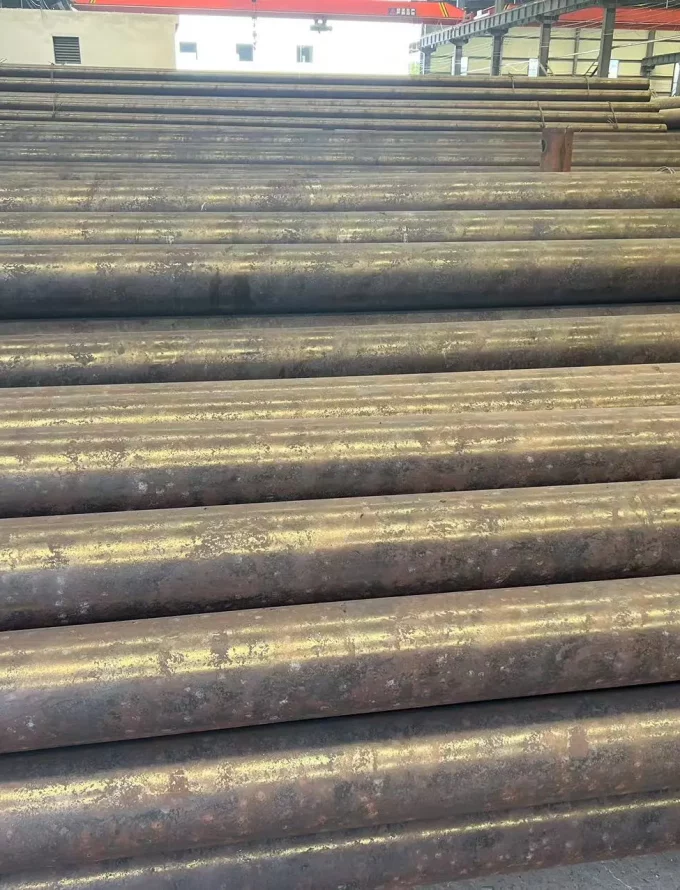
Types of High Strength Steel
High Strength Steel includes several types, each offering specific properties and advantages:
- High-Strength Low-Alloy Steel (HSLA): Known for its good balance of strength, toughness, and formability, often used in automotive and construction applications.
- Advanced High-Strength Steels (AHSS): Typically defined as steels with tensile strength ≥ 440 MPa or ≥ 550 MPa, known for their good balance of strength, toughness, and formability.
- Ultra-High Strength Steels (UHSS): Generally defined as steels with tensile strength ≥ 780 MPa or ≥ 1000 MPa, offering exceptional strength and durability for demanding applications.
- GigaPascal Steels (GPa): Steels with tensile strength ≥ 1000 MPa (1 GPa), providing extremely high strength for critical applications requiring maximum performance.
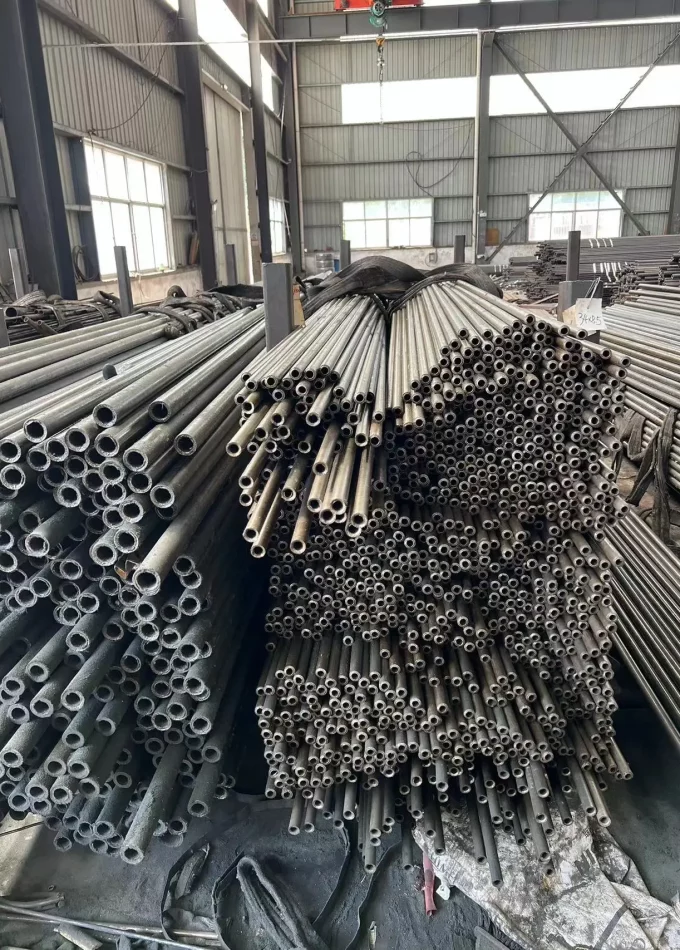
Industries & Applications
Some common industries and applications include:

Automotive Industry

Construction Industry

Aerospace Industry
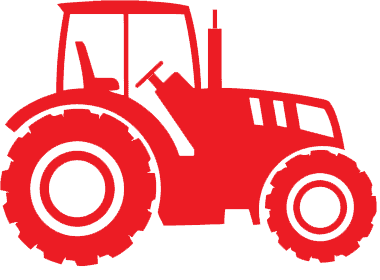
Manufacturing

Energy Sector

Railway Industry

Shipbuilding

Defense Industry
Used in military vehicles, armor, and equipment for superior strength and protection. The higher strength and improved mechanical properties of High Strength Steel provide enhanced protection and durability in defense applications.
High Strength Steel Product
- High Strength Steel Bar: Offers exceptional strength and durability, ideal for heavy construction and industrial applications.
- High Strength Steel Pipe: Designed for high-pressure and high-stress environments, perfect for pipelines and structural supports.
- High Strength Steel Sheet: Provides outstanding performance for automotive panels, construction cladding, and aerospace components.
- High Strength Steel Beam: Ensures maximum stability and load-bearing capacity for building frameworks and bridges.
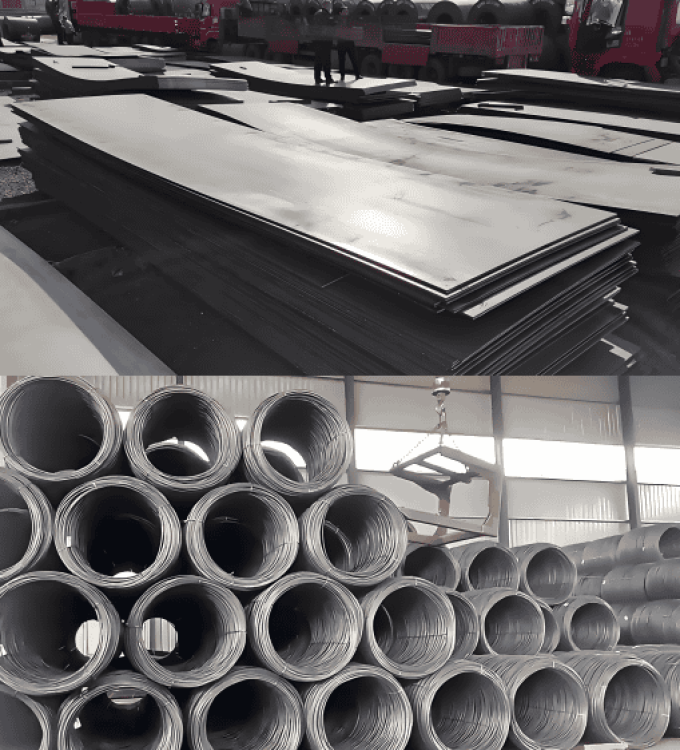
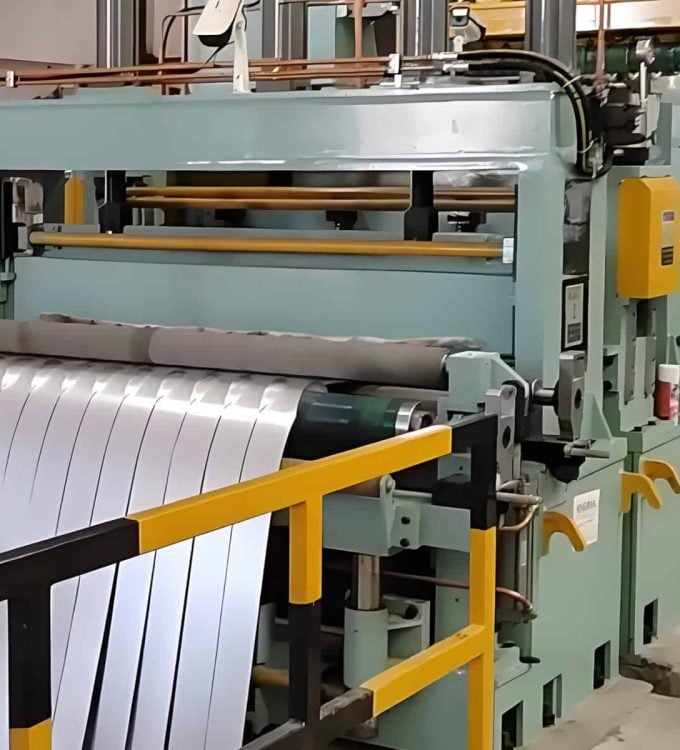
Dimensions & Properties
| Grade 50 | Grade B | 4340 | |
|---|---|---|---|
| Yield Strength | 345 MPa (50 ksi) | 690 MPa (100 ksi) | 470-1860 MPa (68-270 ksi) |
| Tensile Strength | 450 MPa (65 ksi) | 895 MPa (130 ksi) | 745-2070 MPa (108-300 ksi) |
| Material Standard | ASTM A572 / A572M | ASTM A514 / A514M | ASTM A29 / A29M |
| Vickers Hardness | 150-190 HV | 235-293 HV | 280-595 HV |
High Strength Steels When & Where You Need It
Here, you get more than just quality steel. With multiple facilities across the country capable of providing high-strength steels, we can also work with you to manage your inventory, ensuring you get product when and where you need it to keep your production running.
Explore Our Available Steel Products & Grades
Our knowledge and experience give nearly 100% accurate delivery of High Strength Steel, Plain Carbon Steel, Alloy Steel, Stainless Steel products processed and packaged to your exact specifications.
When to use high strength steel?
Use high strength steel when projects require high yield and tensile strength, weight reduction, or increased durability, such as in automotive, construction, and aerospace applications.
What is the difference between high strength and low strength steel?
High strength steel has higher yield and tensile strength compared to low strength steel, making it more suitable for heavy-duty applications and environments requiring durability and weight efficiency.
What are the primary advantages of using High Strength Steel in construction?
High strength steel offers enhanced structural integrity, weight reduction, and improved load-bearing capacity, leading to safer and more efficient construction projects.
What manufacturing processes are used to produce High Strength Steel?
High strength steel is produced using processes like thermomechanical rolling, quenching and tempering, and alloying with elements such as manganese, chromium, and nickel to enhance its strength and durability.
What are the differences between High Strength Steel and Ultra-High Strength Steel?
High Strength Steel has moderate yield and tensile strength, typically up to 550 MPa. Ultra-High Strength Steel offers significantly higher strength, exceeding 700 MPa, and is used for more demanding applications requiring exceptional durability and load-bearing capacity.


